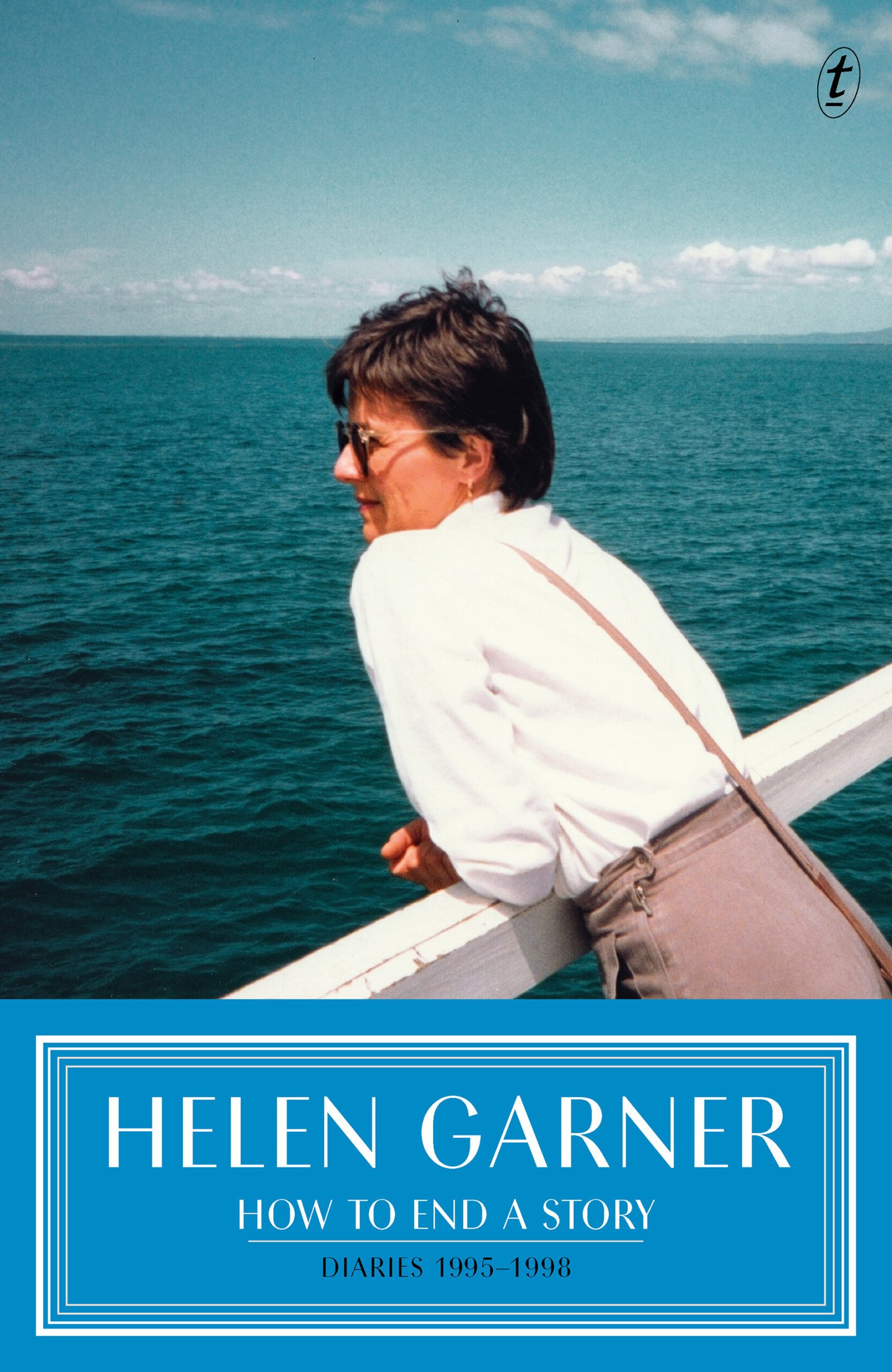
17 Aug Book Review of How to End a Story: Diaries: 1995–1998
Book Review: How to End a Story: Diaries: 1995–1998 by Helen Garner
From the moment I picked up How to End a Story: Diaries: 1995–1998, I felt as if I were stepping into a world both achingly familiar and rawly intimate, one that only the brilliant Helen Garner could unveil with such exquisite vulnerability. Her writing has a way of peeling back the layers of human experience—an act that feels like both a privilege and a heavy responsibility as a reader.
At its core, this collection of diaries is an extraordinary chronicle of a woman grappling with the aftermath of a relationship’s collapse. Garner’s unflinching gaze offers us a peek into her internal landscape, replete with insecurity, longing, and resilience. The diary entries paint a portrait of a woman caught in a whirlwind of emotional turmoil, doing her best to keep afloat in the face of heartache. As Geordie Williamson noted in The Saturday Paper, the true gratifications of this work lie in the slow, tentative unfurling of Garner’s identity, an exploration that is both personally resonant and universally relatable.
Reading Garner feels like listening to a close friend share her innermost thoughts—those midnight confessions laced with doubt and hope. Her prose is sharp, clear, and painfully honest, and it has a way of making the mundane feel hauntingly profound. There are moments when you sense her exhaustion with life’s complexities, and yet, she also captures the beauty hidden in the chaos. "Garner articulates the complex, gritty and mind-bending rollercoaster," a sentiment echoed by the Law Society Journal, and it truly speaks to the engaging pace of her narratives, which often felt as gripping as a well-crafted novel.
The entries resonate deeply, especially when she reflects on experiences that are heartbreakingly relatable for anyone who has navigated the intricacies of love and loss. One standout quote that lingered with me was her acknowledgment of wanting to keep her "marriage, sanity, and artistic vision alive," a testament to the universal struggle of maintaining one’s identity amidst life’s cacophony. It struck a chord; I found myself reflecting on my own experiences of trying to balance personal aspirations with relational responsibilities.
Garner’s ability to weave together rich, human moments with probing self-reflection makes this collection an essential read for writers and readers alike. Each page is filled with small revelations that build on one another, creating a tapestry of emotional depth that feels simultaneously comforting and unsettling. As Fiona Murphy aptly pointed out, Garner’s control over both revelation and concealment is nothing short of masterful.
If you are a fan of literary diaries or seeking a poignant exploration of the human condition, How to End a Story is an experience not to be missed. It celebrates the complexity of life with courage and grace, ultimately offering a sense of camaraderie for those of us navigating our own ‘endings.’
In closing, this collection not only left me reflecting on Garner’s journey but also on my own, making it a deeply enriching reading experience. So whether you’re an aspiring writer, a lover of memoirs, or simply someone seeking connection through the written word, I wholeheartedly recommend perusing Garner’s keenly insightful world. You might just find pieces of yourself tucked within those pages, waiting to be rediscovered.
Discover more about How to End a Story: Diaries: 1995–1998 on GoodReads >>









